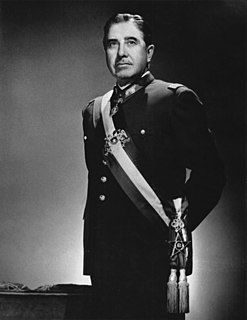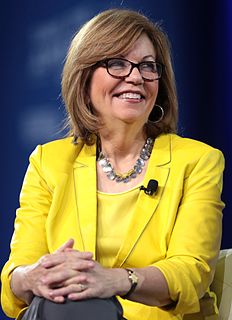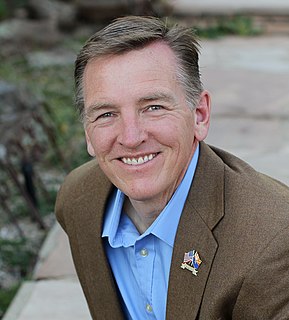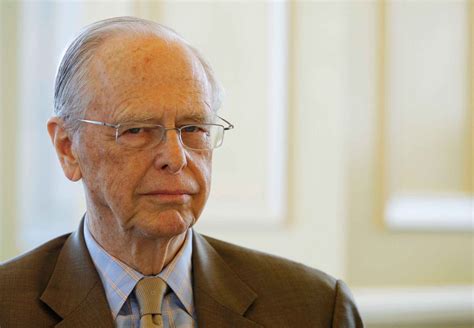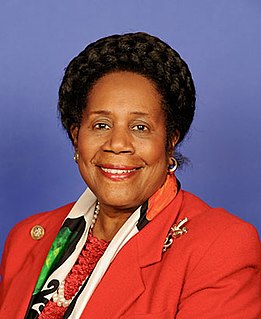A Quote by Augusto Pinochet
Executive power is exercised by the President of the Governing Board who, with the title of President of the Republic of Chile, administers the state and is the Supreme Chief of the Nation.
Related Quotes
If Reince Priebus is, in fact, the chief of staff and operating as chief of staff, he is the most important staffer the president Donald Trump has. And it is not unusual for a president to set up some competing power centers, as Ronald Reagan did, but there`s nothing like being the chief of staff, which has so much say over what the president reads, who the president sees, who`s the last person the president talks to before he makes a decision.
Under Article II, all executive power is vested in one president of the United States. The regulatory state is Congress's efforts to undermine the president's authority. And my hope is we will see a president use that constitutional authority to rein in the uncontrollable, unelected bureaucrats and to rescind regulations.
The president does not have power under the Constitution to unilaterally authorize a military attack in a situation that does not involve stopping an actual or imminent threat to the nation. As commander in chief, the president does have a duty to protect and defend the United States. In instances of self-defense, the president would be within his constitutional authority to act before advising Congress or seeking its consent.
One of the great things about the United States is that when it comes to world affairs, the president obviously is the leader of the Executive Branch, the Commander-in-Chief, the spokesperson for the nation, but the influence and the work that we have is the result not just of the president, it is the result of countless interactions and arrangements and relationships between our military and other militaries, and our diplomats and other diplomats, the intelligence officers and development workers.
It is extraordinary that each of the three individuals this president [ George W. Bush] has nominated for the Supreme Court - Chief Justice [John] Roberts, Harriet Miers and now Judge Alito - has served not only as a lawyer for the executive branch, but has defended the most expansive view of presidential authority.
Now that Mr. Trump is the President-elect: If he chooses, he can, by executive order, repeal most of what President Barack Obama brought into existence, including the thawing of the relationship between the United States and the people of Cuba. And because there is a Republican Senate, a Republican House of Representatives, a Republican president, it is more than likely that his legislative program will be accepted; his nominations to the Supreme Court may very well be accepted.
When it comes to the Supreme Court, the American people have only two times when they have any input into how our Constitution is interpreted and who will have the privilege to do so.First, we elect a president who has the power to nominate justices to the Supreme Court.Second, the people, acting through their representatives in the Senate, have their say on whether the president's nominee should in fact be confirmed.
